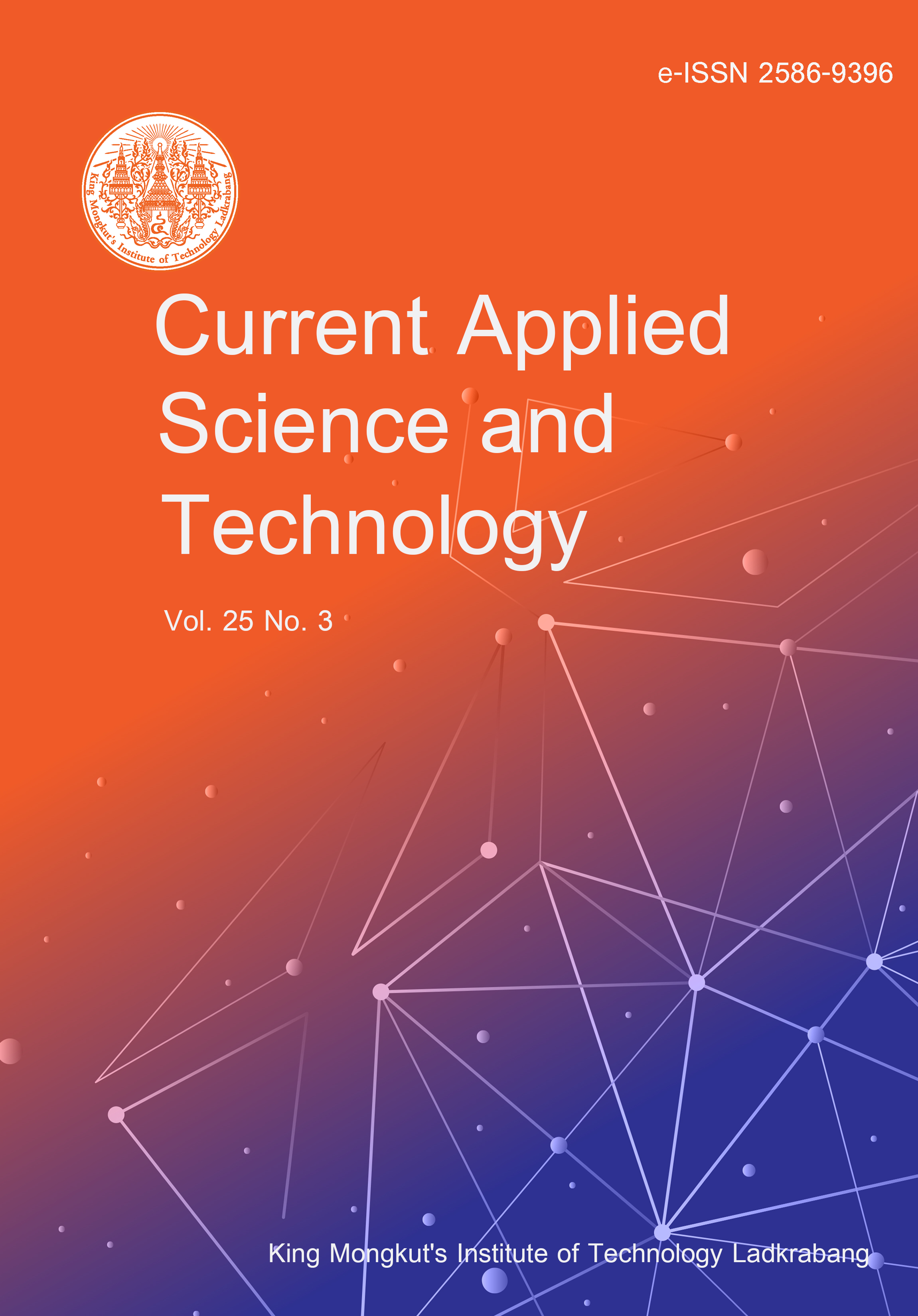This study evaluated the effect of rice production input variables and climate change variables on rice total factor productivity (TFP) in Nigeria. The research utilizes various data sets obtained from reputable organizations to analyze the period from 1961 to 2020. Descriptive and inferential statistics were employed to analyze the data. The study findings indicate an upward trajectory in rice TFP in Nigeria over the examined period. Regression analysis reveals that labor and capital have a significant positive effect on rice TFP, indicating that increased labor and capital investments can enhance productivity. Rainfall and sunlight duration also show a significant positive relationship with rice TFP, emphasizing their crucial role in rice farming. The study highlights the importance of addressing labor scarcity and promoting access to capital for farmers. Moreover, it emphasizes the quest for optimal rainfall and sunlight conditions throughout the rice cultivation process. The model's diagnostic tests confirm its reliability, and the findings demonstrate the statistical significance of the independent variables in explaining rice TFP. Overall, this research gives insightful information on the factors influencing rice TFP in Nigeria. It offers recommendations for stakeholders and decision-makers to enhance productivity by addressing labor scarcity, promoting capital access, and optimizing climatic conditions for rice cultivation.
Oyita, G. E. ., Enwa, S. ., & Otuisi, L. B. E. . (2025). Effect of Rice Input Variables and Climate Change Factors on Total Factor Productivity of Rice in Nigeria. Current Applied Science and Technology, e0259054. https://doi.org/10.55003/cast.2025.259054


https://cast.kmitl.ac.th/doi/10.55003/cast.2025.259054